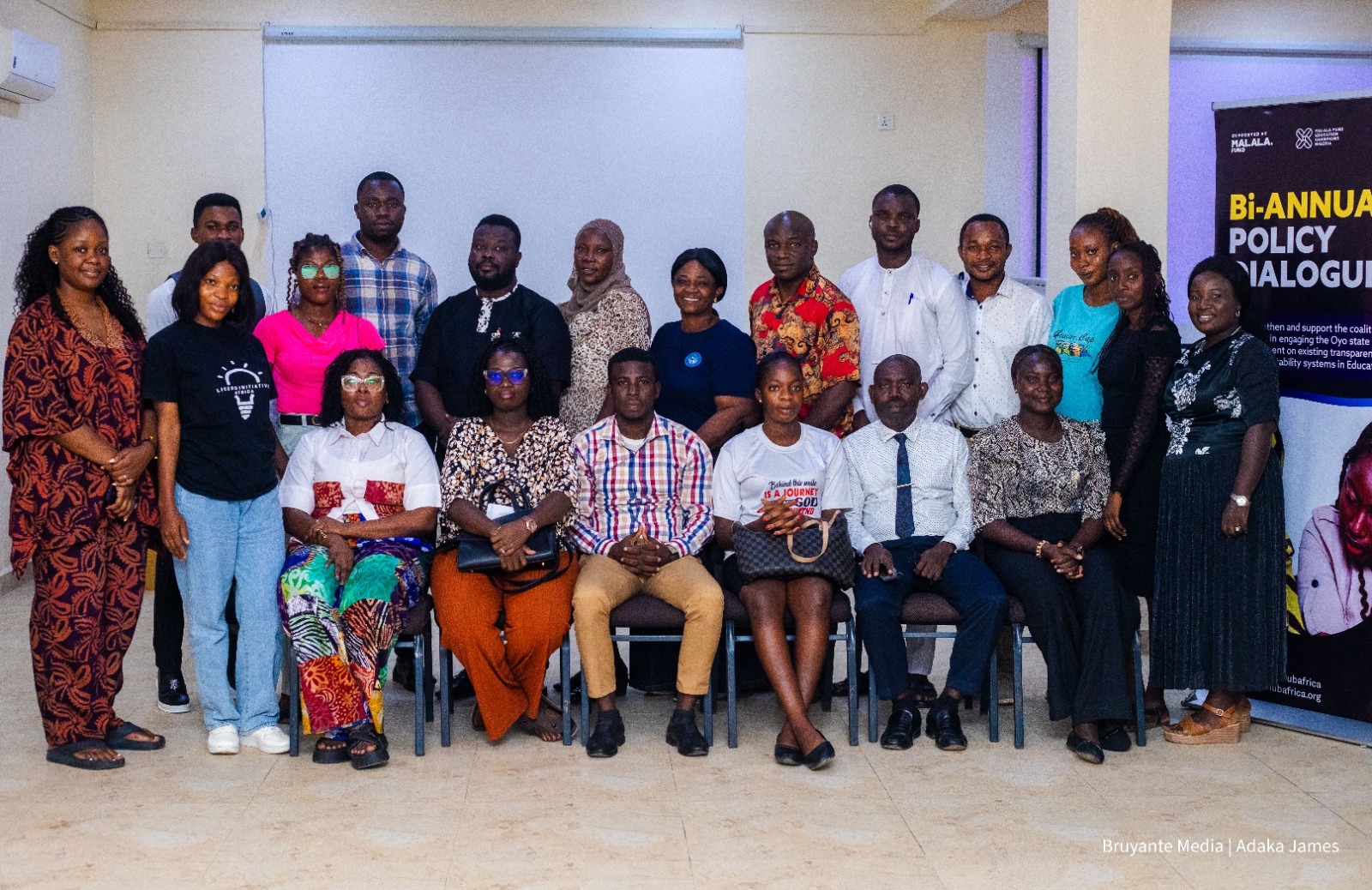The member representing Yewa North/Imeko-Afon Federal Constituency in Ogun State and Chairman, House Committee on National Planning and Economic Development, Hon. Gboyega Nasir Isiaka, has emphasized the need for Nigeria to prioritise institutional development alongside infrastructure to achieve sustainable national progress.
Speaking at the Nigeria Institute of Public Relations (NIPR), Ogun State Chapter’s Special 65th Independence Anniversary Business Meeting themed “Nigeria at 65: Pathways for National Development and Economic Sustainability,” Isiaka noted that despite enormous post-independence challenges, Nigeria has managed to maintain political stability and regional influence.
He observed that Nigeria’s post-independence trajectory presents a paradox—abundant natural and human resources coexisting with underdevelopment and widespread poverty.
“At independence in 1960, Nigeria inherited a large but undiversified economy heavily dependent on agriculture. With a GDP of approximately $4.2 billion and per capita income of $93, the nation was among the poorer countries gaining sovereignty during the decolonization wave,” he said.
“Yet, optimism abounded due to our agricultural potential, educated elite, and nascent democratic institutions.”
Isiaka stated that with a population exceeding 220 million, vast petroleum reserves, fertile agricultural land, and a dynamic entrepreneurial base, Nigeria should have become a middle-income economy decades ago.
He, however, lamented that the country’s development has been hindered by weak institutions, policy inconsistency, and inadequate political will.
“The challenge is not resource scarcity but institutional weakness and lack of continuity. Nigeria must insulate its development plans from electoral cycles through statutory backing and bipartisan consensus,” he added.
While commending President Bola Ahmed Tinubu’s Renewed Hope Agenda and economic recovery policies, Isiaka stressed that the quality of institutions, public service, judiciary, and regulatory agencies ultimately determines whether national policies succeed or fail.
He called for greater investment in human capital, saying, “Nigeria’s greatest asset is its youthful, entrepreneurial population. Investing in education, vocational training, healthcare, and STEM disciplines will yield higher returns than physical infrastructure alone.”
Isiaka urged that major national development plans be given legal backing, monitored by the National Assembly and independent evaluation bodies to ensure continuity and accountability.
Recalling the optimism that marked Nigeria’s independence, he said, “Our founding fathers made a covenant with posterity — a commitment to transform potential into prosperity, diversity into strength, and independence into genuine development.”
Earlier, the Chairman of the NIPR, Ogun State Chapter, Mrs. Oluwaseun Boye, described the theme as both timely and thought-provoking. She emphasized that nation-building requires renewed commitment and active participation from every sector, including public relations.
Boye said the role of public relations professionals is crucial in shaping narratives that promote unity and trust.
“We must use our platforms to bridge divides, amplify truth, and galvanize stakeholders toward national progress,” she added.






